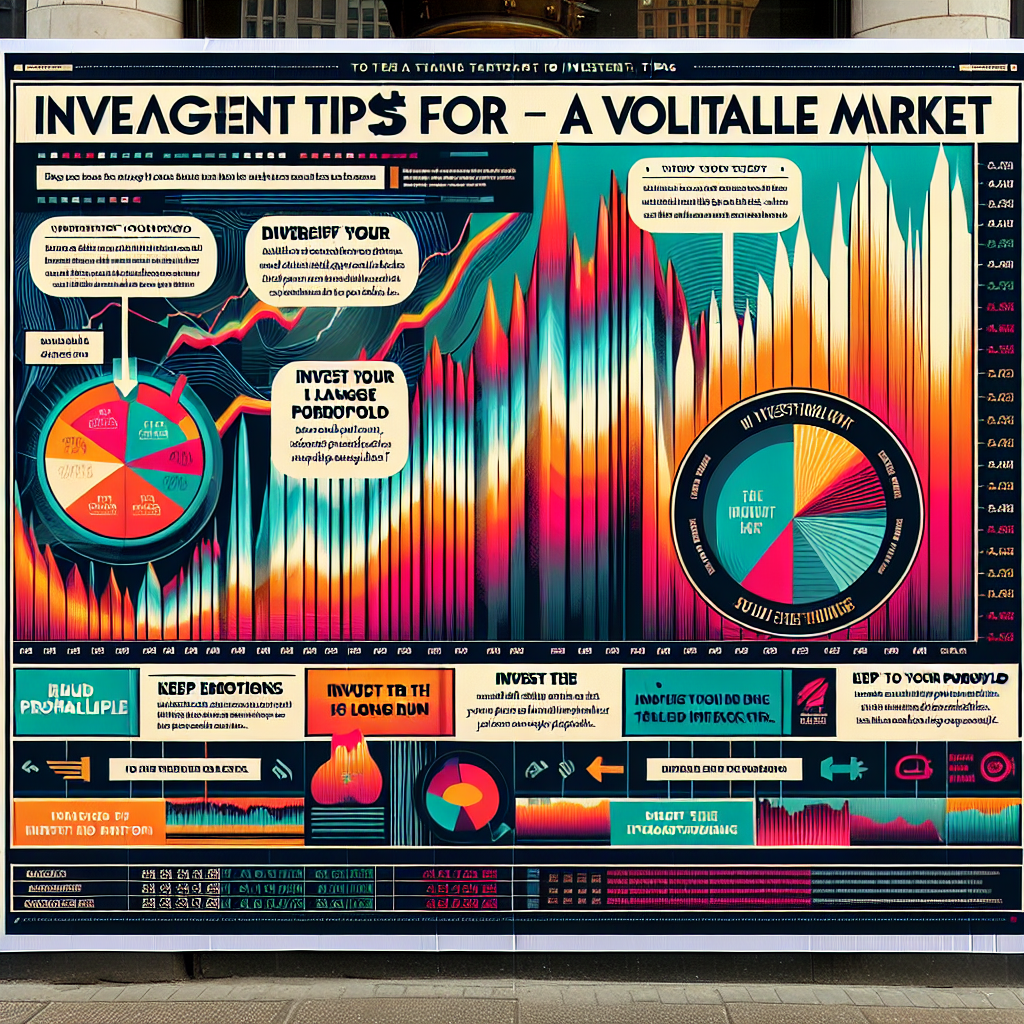Introduction
Inflation is an economic phenomenon that can significantly impact investment returns. It refers to the rate at which the general level of prices for goods and services is rising, and subsequently, purchasing power is falling. High inflation environments can erode the value of money and reduce the real returns on investments. However, there are several strategies that investors can employ to protect their portfolios during periods of high inflation. This article will explore some of these strategies.
Understanding Inflation
Before diving into investment strategies, it’s crucial to understand what inflation is and how it affects investments. High inflation means that prices are increasing rapidly, and the value of money is falling. This can reduce the purchasing power of your investments, meaning that the returns you receive may not be enough to keep pace with the rising cost of living. Therefore, in a high inflation environment, it’s important to consider investments that can potentially offer higher returns to offset the impact of inflation.
Investing in Inflation-Protected Securities
Treasury Inflation-Protected Securities (TIPS)
One of the most direct ways to protect your portfolio from inflation is to invest in Treasury Inflation-Protected Securities (TIPS). These are U.S. government-issued bonds that are indexed to inflation. The principal value of TIPS increases with inflation, as measured by the Consumer Price Index. As a result, the interest payments, which are a fixed percentage of the principal, increase over time to keep pace with the rising cost of living.
Inflation-Protected Bonds
In addition to TIPS, there are also inflation-protected bonds issued by other governments, such as the U.K.’s Index-Linked Gilts and Canada’s Real Return Bonds. These work in a similar way to TIPS, offering investors protection against inflation.
Investing in Real Assets
Real Estate
Real estate is often considered a good hedge against inflation. This is because rental income and property values tend to increase during periods of high inflation. Therefore, investing in real estate, either directly or through Real Estate Investment Trusts (REITs), can provide a source of income that keeps pace with inflation.
Commodities
Commodities like gold, oil, and agricultural products are also often seen as good hedges against inflation. This is because their prices tend to rise when inflation is high. Investing in commodities can be done directly, through futures contracts, or indirectly, through commodity-focused funds or exchange-traded funds (ETFs).
Investing in Stocks
While inflation can negatively impact the real returns on bonds, it can have a less direct impact on stocks. Companies can often pass on increased costs to customers, which can result in higher revenues and profits. Therefore, stocks can potentially offer higher returns that can offset the impact of inflation. However, it’s important to note that stocks also come with higher risk compared to bonds and should be part of a diversified portfolio.
Conclusion
High inflation environments can pose challenges for investors. However, by understanding the impact of inflation and employing strategies such as investing in inflation-protected securities, real assets, and stocks, it’s possible to protect your portfolio and potentially achieve higher returns. As always, it’s important to consider your individual financial situation and risk tolerance before making investment decisions.




